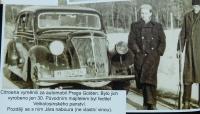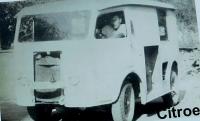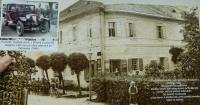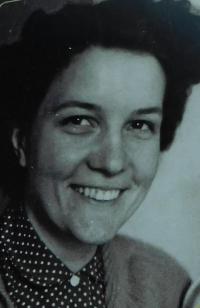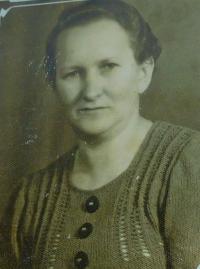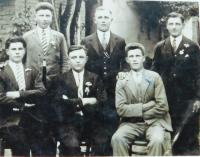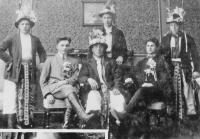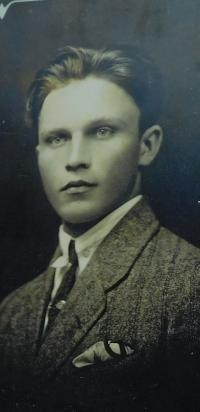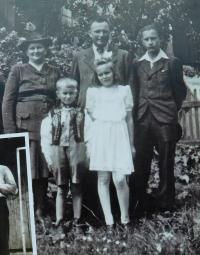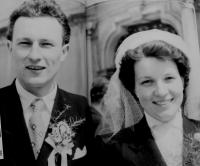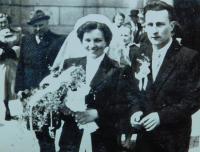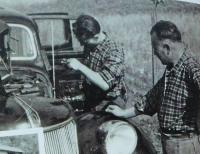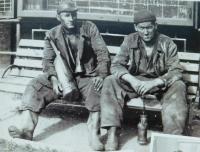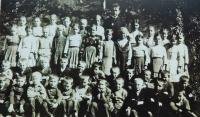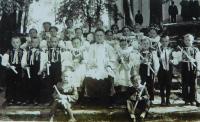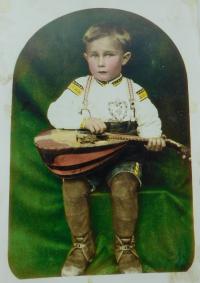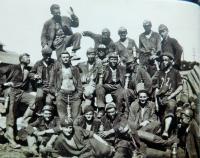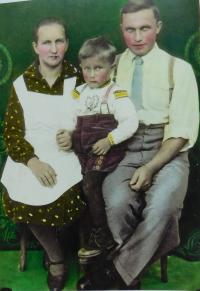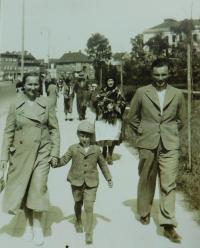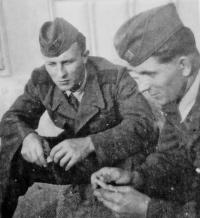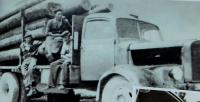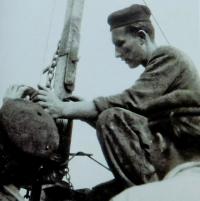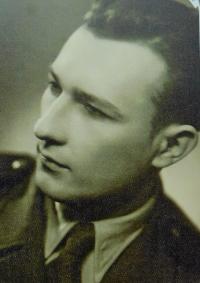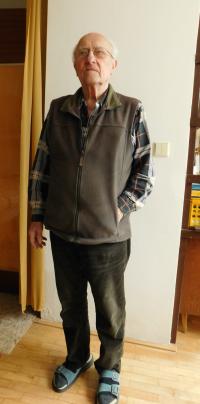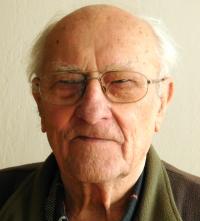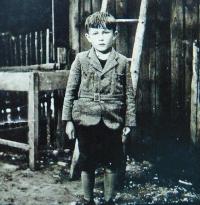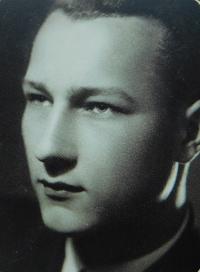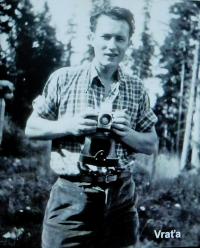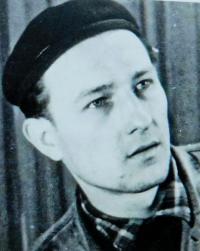They could do anything to anyone

Download image
Vratislav Škráček was born on 4 January 1930 in Prakšice, near Uherský Brod. In June 1945 his family moved to the border region. They settled in a house in Dlouhá Loučka, near Uničov in Olomouc District, which had belonged to a deported German family. His father set up a transport business in the village. In September 1948 Vratislav Škráček enrolled at the Dr Eduard Beneš Technical University (now the Brno University of Technology) to study electrical engineering. However, the country was already ruled by the totalitarian Communist regime, and members of the school’s National Front Action Committee intimated that, as the son of a business owner, he would not be allowed to complete his studies. So he returned home and worked with his father in transport. The family business was a thorn in the side of the local functionaries, which is probably why Vratislav Škráček was deemed “politically unreliable” and assigned to the the Auxiliary Engineering Corps for his mandatory military service. He then had to work 26 months in the mines around Ostrava. When he returned home, he found a job at Czechoslovak Bus Transport and later at the Uničov Machine Works. He started out as a labourer on the shop floor, then as an assembler, and finally as a design engineer. He helped design several giant excavators, and he invented a touch sensor used, among other purposes, to stop machines from colliding with obstacles. In April 1955 he married Ludmila Blahušová, and the couple had three children - Hana, Karel, and Vratislav. He and his wife both voiced their disagreement with the Warsaw Pact invasion in 1968. Vratislav Škráček was punished by 150 hours of unpaid labour, and his wife was reassigned to a different position. Their daughter Hana also suffered for her parents’ bold stance, as it caused her to be denied recommendation to grammar school. As of 2018, Vratislav Škráček and his wife still live in Dlouhá Loučka.
